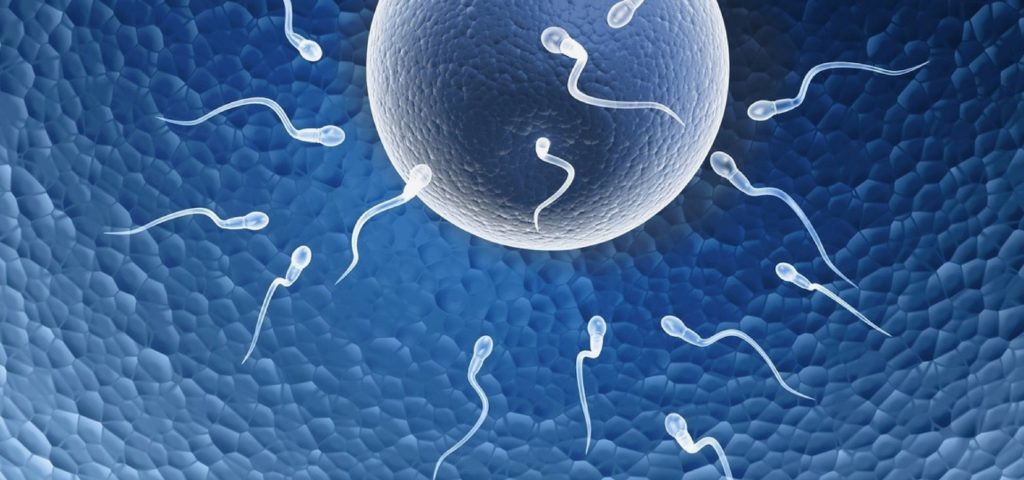Pregnancy and the arrival of a new baby is a time of great excitement and joy for expectant parents. However, occasionally there can be complications, which is why pregnant moms should have regular health checks and be aware of any unusual symptoms that may develop.
Over the past few years, there has been discussion around a condition known as HELLP Syndrome. It’s a life-threatening complication in pregnancy that can be difficult to diagnose. We reached out to Dr Morgan Mkhatshwa, Head of Operations at Bonitas Medical Fund and his clinical team, to get some answers and advice about HELLP.
What is HELLP Syndrome?
HELLP (Haemolysis, Elevated Liver enzymes, Low Platelet count) Syndrome usually develops before the 37th week of pregnancy but can occur shortly after delivery. It’s a serious complication that affects the blood and liver.
H = Haemolysis is the breakdown of red blood cells that carry oxygen from lungs to the rest of the body.
EL= Elevated liver enzymes. High levels of these chemicals in the blood can be a sign of liver problems.
LP = Low platelet count. Platelets are little fragments of blood cells that help with blood clotting. A low platelet count can lead to serious bleeding.
What causes HELLP?
‘We don’t know what causes HELLP syndrome,’ says Dr Mkhatshwa, ‘however, you are at risk if you have pre-eclampsia or eclampsia.’ About 1 to 2 in 10 pregnant women (10 to 20 percent) with pre-eclampsia or eclampsia develop HELLP.
Pre-eclampsia is caused by high blood pressure. It usually starts after the 20th week of pregnancy or giving birth. Eclampsia is when pre-eclampsia is uncontrolled and causes seizures. Many women are diagnosed with pre-eclampsia before they have HELLP which is a more severe form of pre-eclampsia.
What are the symptoms / signs of HELLP?
You may feel tired, have pain in the upper right part of the belly, bad headaches and nausea or vomiting. You may also experience swelling, especially of the face and hands and blurry vision. Some women develop HELLP suddenly, without having any signs or symptoms.
If you have any signs of HELLP Syndrome, call your medical practitioner, emergency services or go to a hospital emergency room for medical care right away.
How is HELLP diagnosed?
To find out if you have HELLP Syndrome, your healthcare provider will do a physical exam to check for:
- Belly pain or soreness, especially in the upper right side
- An enlarged liver
- High blood pressure
- Swelling in your legs
Other tests could include:
- Blood tests to check your liver enzyme levels, lactate dehydrogenase and full blood and platelet count with a peripheral smear
- Urinalysis to check for protein in the urine
- A CT scan to see if there’s bleeding in your liver
- Non-stress test or ultrasound to check your baby’s health. A non-stress test checks your baby’s heart rate, in the womb, to see how the heart rate changes when your baby moves. This test is to make sure your baby’s getting enough oxygen. Ultrasound uses sound waves and a computer screen to show a picture of your baby inside the womb
Is HELLP painful?
Symptoms of HELLP include serious pain just below the ribs, or the upper right side of the chest area (where the liver is), shoulder pain or pain when breathing.
How is HELLP treated?
You may be given medication to control your blood pressure and prevent seizures or you may require a blood transfusion to treat anaemia and low platelet levels.
Early birth may be necessary because HELLP complications can get worse and harm both you and your baby – either through an induced labour or by C-Section depending on the health assessment results of the baby.
How does it impact the baby?
Infants born to mothers with HELLP Syndrome may have a variety of birth injuries: Intrauterine growth restriction (IUGR) or severe respiratory distress.
Are there long term effects of HELLP?
A history of HELLP Syndrome means you are at increased risk for recurrent pre-eclampsia and HELLP Syndrome as well as increased long-term morbidities, particularly depression and chronic hypertension.
Can HELLP develop after childbirth?
Yes, up to 30% of all patients who develop HELLP Syndrome do so after giving birth, typically within 48 hours.
Can I have another baby after HELLP syndrome?
If you had HELLP in a previous pregnancy, regardless of the time of onset, you have a greater risk for developing it in future pregnancies.
‘The condition is serious but rare’, stresses Dr Mkhatshwa. ‘Throughout your pregnancy it’s important to understand the changes your body is going through and to discuss any unusual pain or symptoms with your medical practitioner. This will ensure you receive the right help especially if you develop a complication and make the pregnancy and birth the joyous event it should be!’
- Neonatal jaundice, what is it and what happens if my baby is born with it? - July 7, 2025
- Smoking and pregnancy – should I quit - July 1, 2025
- Your pregnancy – a comprehensive guide - June 23, 2025





I read the HELLP article it is so educational because I didn’t know anything about this syndrome so thank you for making me aware of it and now I know a lot about it